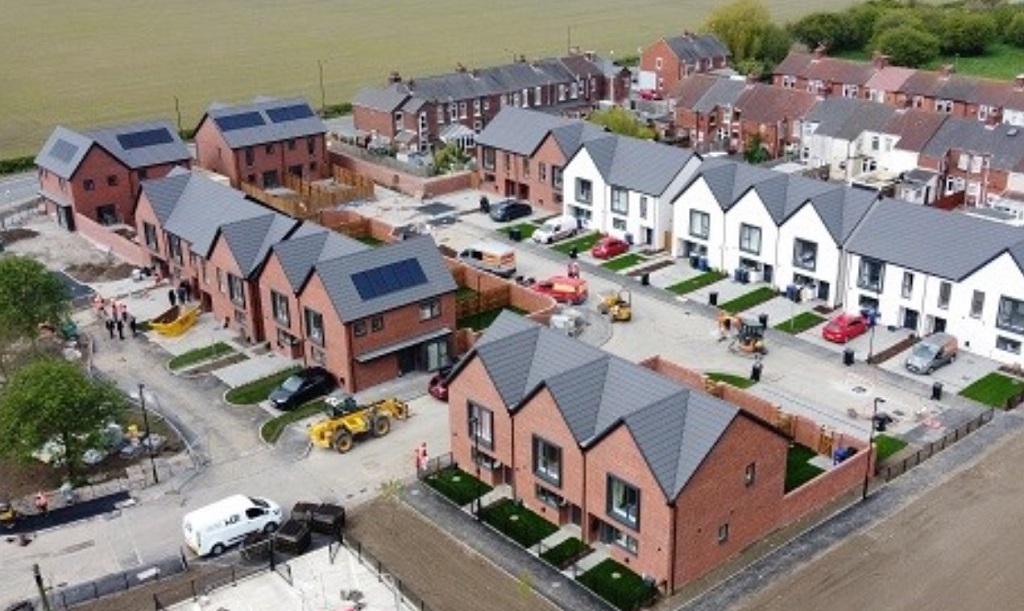Extensions for Heysham and Hartlepool nuclear plants
Energy company EDF has committed a further £1.3bn investment into its five nuclear power stations in the UK, increasing the operational life of four facilities in the process.
EDF, which is owned by the French government, operates Heysham 1 and Heysham 2 in Lancashire, Hartlepool Power Station in Teesside, Torness Power Station in East Lothian, and Sizewell B in Suffolk.
Following a review, Heysham 1 and Hartlepool are now to continue generating power through March 2027. Previously, they were due to shut down in 2026.
Heysham 2 and Torness have received two-year extensions and will now continue operations through March 2030 rather than ceasing in 2028.
Extending the lifetime of the power stations secures 2,200 jobs across the three Northern plants.
This is the fourth time Hartlepool Power Station has received an extension. It had its operational dates changed in 2010, 2016, and 2023.
All three Northern stations have outlived their life expectancy, having been founded in the 1980s with a 30-year lifespan. When EDF acquired the sites in 2009, most were meant to start the decommissioning process in 2023. Hartlepool was due to close in 2014.
The company instead invested £8bn in upgrades and maintenance to keep them going.
- Learn more about the energy scene in the North. Book your ticket to Energy & Power 2025.
Mark Lees, director of the Hartlepool power station, welcomed the extension announcement. He described it as “great news for this town, this region, and indeed, this country”.
He added later: “In a typical year, this station produces so much electricity it could meet the needs of every home between Scarborough and Scotland. And all from a relatively small footprint.
“That makes me, and indeed everyone here, enormously proud of what we do,” he continued.
“Being able to keep going a little longer is great news all round.”
Heysham 1 station director Mike Davies was similarly pleased with the decision.
“This life extension is fantastic news for our workforce and the wider community,” Davies said.
“We’ll continue to make positive contributions to the region by generating low-carbon electricity while supporting local families, businesses, and jobs.”
The two Heysham plants employ more than 1,500 staff and contractors. It has produced enough electricity to power every home in Lancashire for more than 265 years, according to EDF.
Hartlepool is a similar success story, producing more than 260 terrawatt hours of electricity since it opened and employing around 700 staff and contractors.
Lees made a point that extending the power plants provides more than just clean energy for the country.
He said: “It means we can continue to underpin the regional economy with further investment in our plant, we can retain our high-skilled, well-paid workforce while future decisions about new nuclear are made and we can continue to produce the zero-carbon power the country needs.”
Energy secretary Ed Miliband echoed Lees sentiments, adding that the extensions fit in with Labour’s “clean power mission”.
“These extensions are a major win for our energy independence – powering millions of homes while supporting 3,000 good jobs across Lancashire, Teesside, and East Lothian,” he said.
“We can’t achieve clean power by 2030 without nuclear, which provides an all-important steady supply of homegrown clean energy.”





